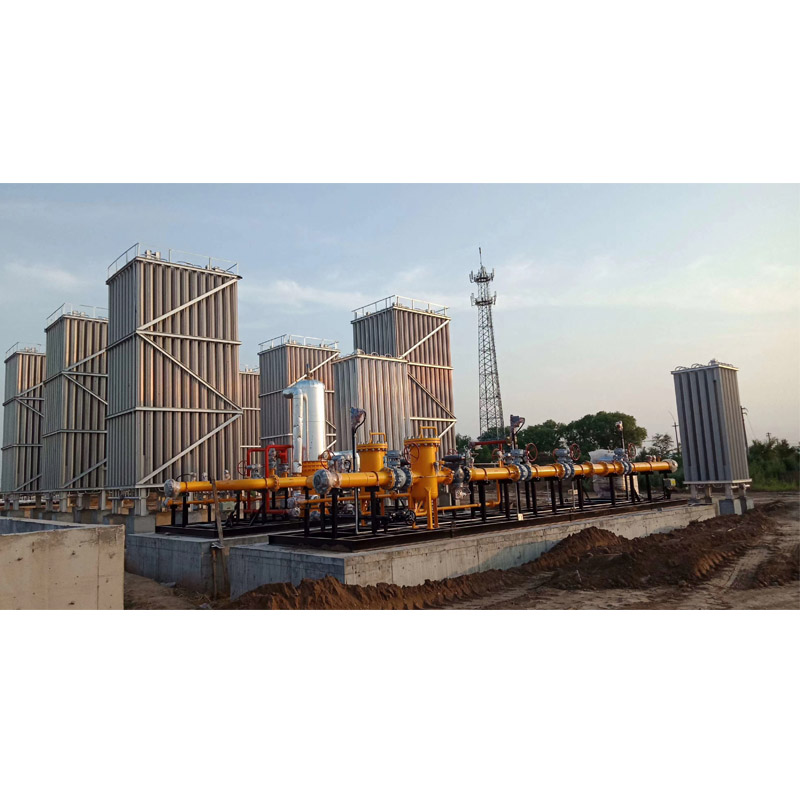
Dec . 28, 2024 08:56
Back to list
Electric Control Valve Regulation System Design and Applications
Understanding Electric Regulation Valves
Electric regulation valves are crucial components in various industrial processes, where precise control of fluids or gases is necessary. These valves play a significant role in ensuring operational efficiency, safety, and reliability within a wide range of systems, including HVAC, water treatment, chemical processing, and manufacturing.
What is an Electric Regulation Valve?
An electric regulation valve is an automated device that controls the flow of liquid or gas by adjusting the valve position based on a predetermined setpoint. Unlike manual valves, which require manual operation, electric valves can be controlled remotely or programmed to operate autonomously. They are typically equipped with electric actuators, which can be powered by AC or DC electricity, enabling quick and accurate adjustments.
How Do Electric Regulation Valves Work?
The core principle behind electric regulation valves is the conversion of electrical energy into mechanical motion to control the valve's position. When an electronic signal is sent (either from a control system or an operator), the actuator receives this signal and adjusts the valve's opening or closing mechanism accordingly. This change in position alters the flow rate, pressure, or temperature of the medium passing through the valve.
The common types of electric actuators used in these valves include
1. Linear Actuators These actuators move the valve in a straight line, typically used for throttling applications. 2. Rotary Actuators These provide rotational movement, suitable for quarter-turn valves such as ball and butterfly valves.
Applications of Electric Regulation Valves
Electric regulation valves are employed in a variety of sectors due to their efficiency and precision. Some notable applications include
1. HVAC Systems In heating, ventilation, and air conditioning systems, electric regulation valves help maintain the desired temperature and air quality by controlling the flow of air, steam, and refrigerants.
2. Water and Wastewater Treatment These valves regulate the flow of water and chemicals in treatment plants, ensuring effective filtration, disinfection, and purification processes.
3. Chemical Processing In the chemical industry, precise flow control is vital for the production of various chemicals. Electric regulation valves manage the mixing and reaction processes, preventing hazardous situations.
صمام تنظيم كهربائي

Advantages of Electric Regulation Valves
Electric regulation valves offer numerous benefits over their manual counterparts, making them increasingly popular in modern industrial applications
- Precision Control Electric valves provide accurate control over flow rates and pressures, crucial for processes requiring strict specifications.
- Remote Operation The ability to control valves from a distance enhances safety and convenience, allowing operators to manage systems without being physically present.
- Integration with Automation Systems Electric valves can easily integrate with PLCs (Programmable Logic Controllers) and SCADA (Supervisory Control and Data Acquisition) systems, facilitating automated process control.
- Reduced Labor Costs Automation minimizes the need for manual operation, thereby reducing labor costs and the potential for human error.
Considerations for Choosing Electric Regulation Valves
When selecting electric regulation valves for a specific application, several factors should be taken into account
- Media Type The nature of the fluid or gas being controlled (e.g., corrosive, viscous, high temperature) influences the choice of valve material and design.
- Pressure and Temperature Ratings Ensure the valve can handle the operational limits of the system to avoid failures.
- Control Requirements Determine the level of precision needed for your application and choose a valve and actuator that meet these specifications.
- Power Supply Consider availability and compatibility of the electrical supply with the chosen actuator.
In conclusion, electric regulation valves are integral elements in many industrial applications, offering precision, safety, and efficiency. Their ability to automate fluid control processes not only enhances operational effectiveness but also reduces risks associated with manual operations. As industries continue to evolve, the reliance on electric regulation valves is expected to grow, making them essential components in modern engineering.
Next:
Latest news
-
Safety Valve Spring-Loaded Design Overpressure ProtectionNewsJul.25,2025
-
Precision Voltage Regulator AC5 Accuracy Grade PerformanceNewsJul.25,2025
-
Natural Gas Pressure Regulating Skid Industrial Pipeline ApplicationsNewsJul.25,2025
-
Natural Gas Filter Stainless Steel Mesh Element DesignNewsJul.25,2025
-
Gas Pressure Regulator Valve Direct-Acting Spring-Loaded DesignNewsJul.25,2025
-
Decompression Equipment Multi-Stage Heat Exchange System DesignNewsJul.25,2025

